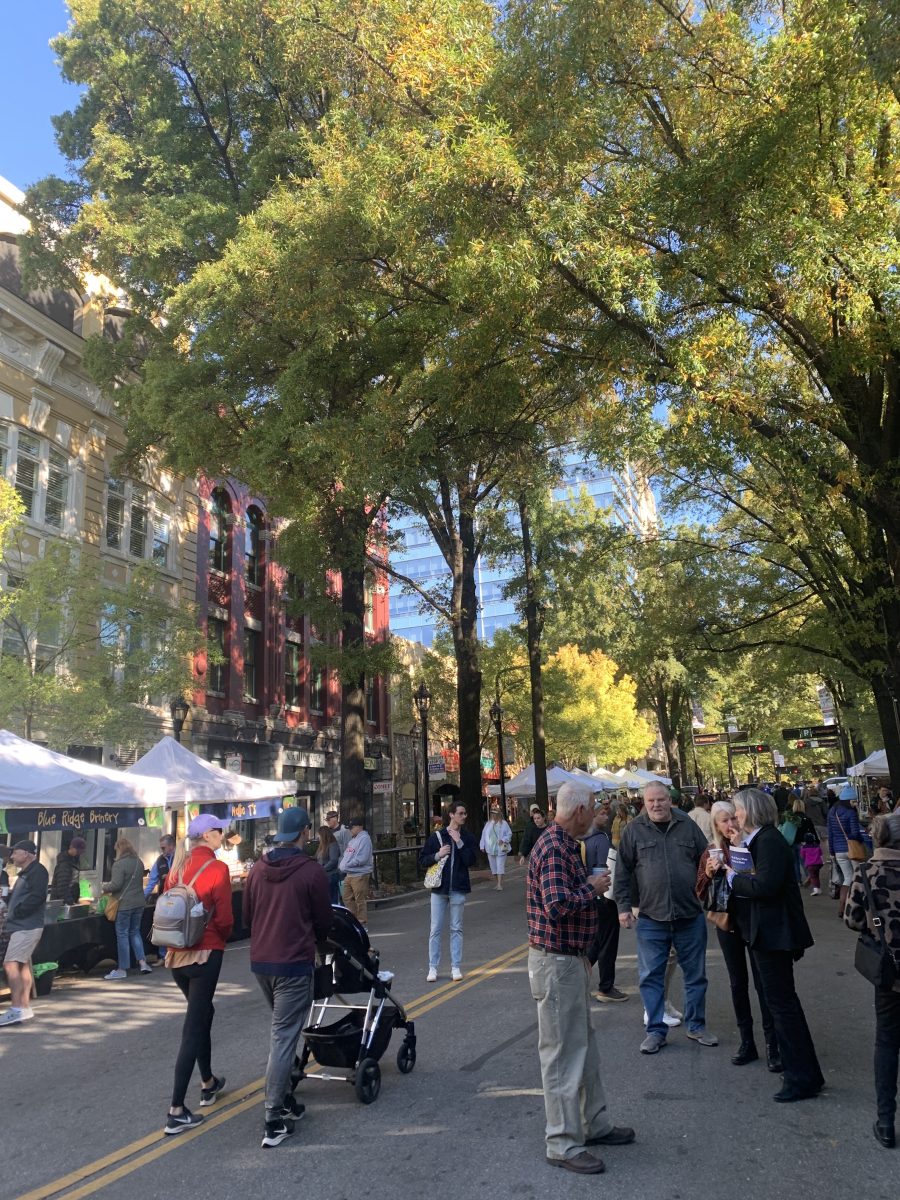October flew by, and fall is in full swing. The temperature is finally starting to drop, the leaves are beginning to change, and your favorite autumn produce is at its prime. Produce such as apples, pears, mushrooms, pumpkin and winter squash are all currently in season. Though maybe less noticeably in the fall, in-season produce tends to taste better and hold more nutritional value (think summer vs. winter berries). For a lot of us, these taste and freshness differences guide our buying habits throughout the year. We also tend to associate each season with its produce, even centering activities around foods, like apple picking or pumpkin carving in the fall. Recently, eating seasonally has also gotten attention for supposedly being more environmentally friendly but is that really the case?
To answer this question, we should first break down some terms. What does “eating seasonally” actually mean? It turns out the definition is broader that we might initially think. The term “seasonality” encompasses both global seasonality and local seasonality. Global seasonality refers to food that was produced naturally in season (without artificial heat or light) but is not necessarily consumed where it was produced. For example, this term would describe apples produced in China during their growing season then transported to the US for consumption. Local seasonality, however, refers to the production and consumption of produce all in the same place – the type of produce a local farmer’s market would provide. Finally, some produce is grown completely out of season with the help of growing lights and a heated environment.
When considering the sustainability of these growing options, one major factor is greenhouse gas emissions (GHGE). These emissions are produced throughout the process of growing, manufacturing, transporting, consuming, and disposing produce. Eating food grown in season, whether it be local or global, does decrease overall GHGE. In fact, the emissions from the global transportation of produce can be less than the emissions produced from artificial growing conditions. This means that regardless of the food’s country of origin or how far it travelled, choosing seasonal produce could reduce total GHGE.
However, we must remember that emissions are not the only factor in environmental impact. Leading a sustainable lifestyle, particularly regarding diet, is a complex matter and should be looked at holistically. Though seasonal eating may reduce GHGE, it is not a significant way to eat more sustainably. Changes in diet, like reducing dairy and red meat consumption, as well as minimizing food waste, can make a bigger impact on sustainability than eating seasonally. To increase sustainability in your own diet, consider signing up for Furman’s residential composting program or trying low-waste recipes. If you’re excited about sustainable eating and want to learn more, reach out to your resident Eco Rep – we’d love to hear from you!

































